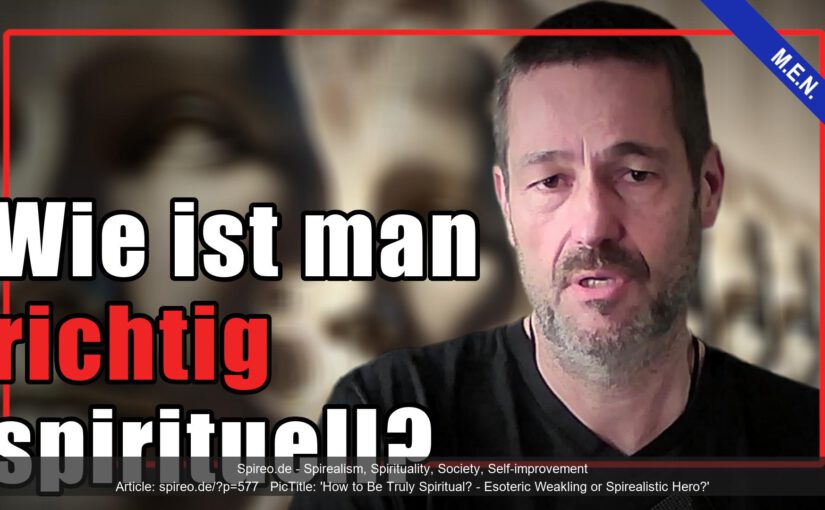Why Intellectual Depth Is a Valuable Path
Some people find deep pleasure in exploring the complexity of the world. This need to challenge oneself mentally is neither better nor worse than other paths; it is simply a personal inclination. For some, it is fulfilling to investigate intellectual connections, while others may prefer to rely on feelings and intuition. This diversity allows for various perspectives and enables individuals to experience the world in unique ways.
The pursuit of intellectual depth is often closely tied to individuality. Philosophers like Kant or Nietzsche demonstrate that sometimes it is necessary to break away from conformity to gain personal insights. For these individuals, the challenges of complexity are an integral part of their spiritual journey.
The Male and Female Principles in Spirituality
In spirituality, a contrast often emerges between male and female approaches. The male principle is characterized by clarity, action, and decisiveness. It seeks tangible answers and well-defined paths. The female principle, on the other hand, is balancing, receptive, and unifying, often seen in spiritual practices like esotericism or healing methods.
These differences are neither better nor worse but complement each other. They highlight that every person must find their own approach to spirituality. Men who focus on specific goals often find vagueness hindering. Women, however, perceive strength in open, emotion-driven approaches. Both perspectives are valid and contribute to the richness of spirituality.
7 Principles for a Clear Spiritual Practice
1. Individuality: Spiritual paths must align with one’s personality rather than adopting external concepts.
2. Clarity: Complex thoughts can lead to clear insights when pursued in a structured and focused manner.
3. Balance: Spiritual practices should maintain harmony between feeling and intellect.
4. Honesty: It is important to recognize and apply things at both surface and deeper levels.
5. Reflection: Personal spirituality requires constant thought and review of one’s principles.
6. Adaptation: Not every method suits every person; individual customization is key.
7. Responsibility: True spirituality arises from one’s own mind and cannot be entirely taught externally.
These principles can help to establish a clear and authentic spiritual path that satisfies both practical and intellectual needs.
Practical Examples and Misunderstandings in Spirituality
Often, spiritual approaches seem vague and intangible. An example is “quantum healing,” frequently described as an intuitive feeling without clear scientific or methodological foundations. Such approaches can be helpful when aligned with one’s inner experience, but they cannot replace self-determined spiritual practice.
Ultimately, spirituality is a personal process shaped by self-awareness. It is important to break away from external opinions and walk one’s own path. Guidance and assistance can be useful, but true spiritual depth comes only from connecting with one’s inner self.
